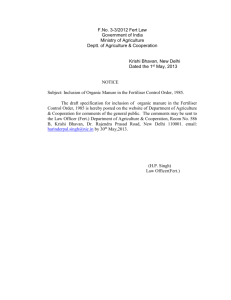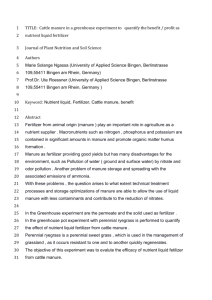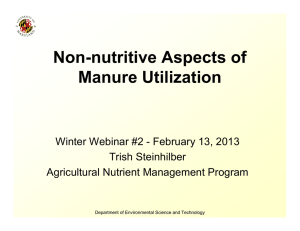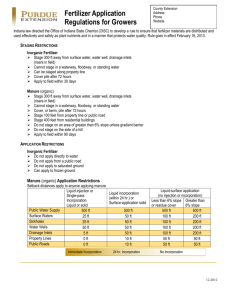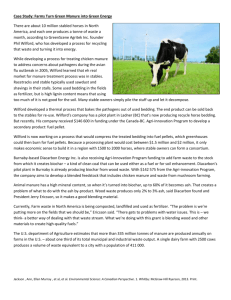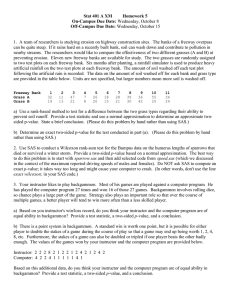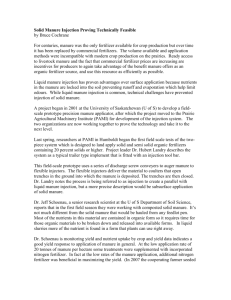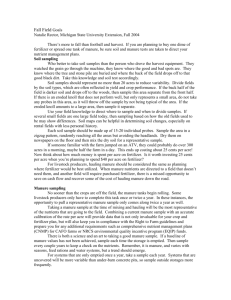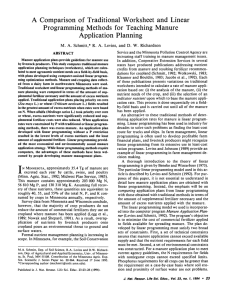How to prepare organic fertilizer from manure ? a featured article
advertisement
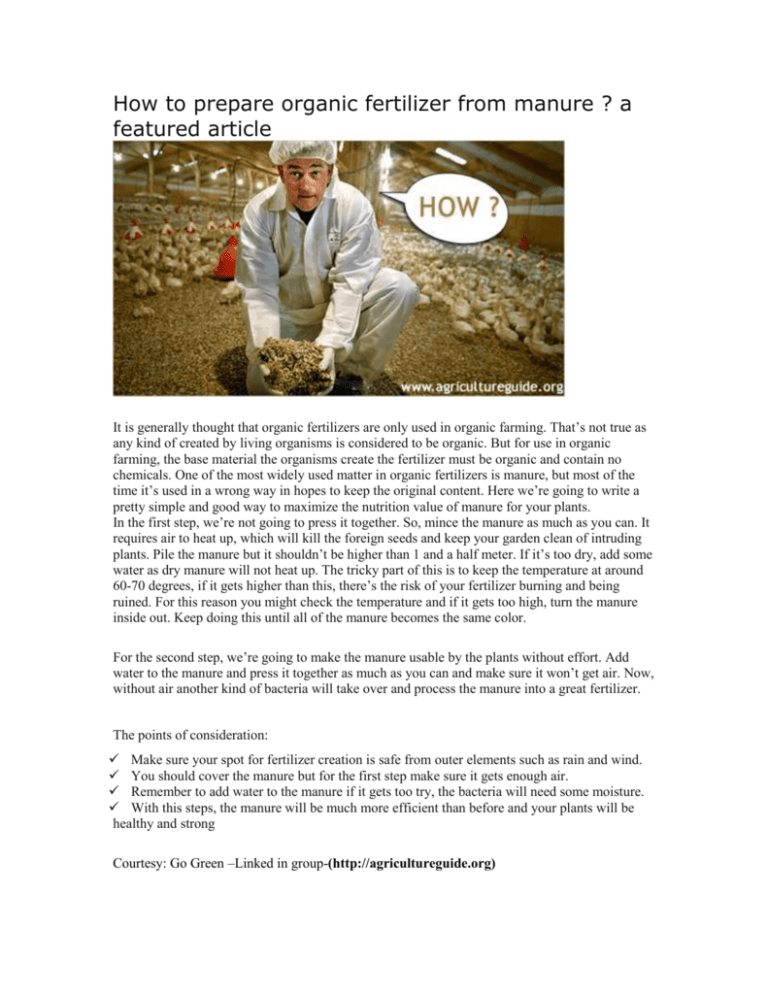
How to prepare organic fertilizer from manure ? a featured article It is generally thought that organic fertilizers are only used in organic farming. That’s not true as any kind of created by living organisms is considered to be organic. But for use in organic farming, the base material the organisms create the fertilizer must be organic and contain no chemicals. One of the most widely used matter in organic fertilizers is manure, but most of the time it’s used in a wrong way in hopes to keep the original content. Here we’re going to write a pretty simple and good way to maximize the nutrition value of manure for your plants. In the first step, we’re not going to press it together. So, mince the manure as much as you can. It requires air to heat up, which will kill the foreign seeds and keep your garden clean of intruding plants. Pile the manure but it shouldn’t be higher than 1 and a half meter. If it’s too dry, add some water as dry manure will not heat up. The tricky part of this is to keep the temperature at around 60-70 degrees, if it gets higher than this, there’s the risk of your fertilizer burning and being ruined. For this reason you might check the temperature and if it gets too high, turn the manure inside out. Keep doing this until all of the manure becomes the same color. For the second step, we’re going to make the manure usable by the plants without effort. Add water to the manure and press it together as much as you can and make sure it won’t get air. Now, without air another kind of bacteria will take over and process the manure into a great fertilizer. The points of consideration: Make sure your spot for fertilizer creation is safe from outer elements such as rain and wind. You should cover the manure but for the first step make sure it gets enough air. Remember to add water to the manure if it gets too try, the bacteria will need some moisture. With this steps, the manure will be much more efficient than before and your plants will be healthy and strong Courtesy: Go Green –Linked in group-(http://agricultureguide.org)

